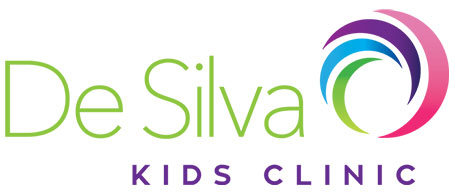Praising children for their achievements are often used to increase children’s motivation.
Research shows that ‘process praise’, the type of praise that is related to the child’s effort, motivates children to:
- Work hard
- Learn
- Explore
- Have a healthy outlook on their abilities
We then might question as to “How we should praise young children?” Below are some ideas of how to effectively praise your child into everyday activities:
- Describe your child’s behaviour and effort – use statements that say what you see, like “You used all the blocks to build your tower” or “Your picture has beautiful colours”. Provide statements with specific information that will help him/her to continue the desired behaviour.
- Be mindful when praising after failure or mistakes – Praise such as “Try harder” does not give any information about how your child can improve his or her effort. It may best to use statements that identify your child’s behaviour and effort and then talk about what your child thinks he/she can do to improve their performance. For example, “You worked very carefully on using capital letters and full stops. What’s another way you could make your sentences longer”
- Reduce the amount of praise – our goal is to encourage children to be self-motivated and to embrace challenge. ‘Over praising’ can become a habit – which may make our children dependent on praise. You don’t need to use praise at all when your child is naturally interested and self-motivated in an activity.
By using praise, you’re showing your child to think and talk positively about themselves. You’re helping your child learn how to recognise when he/she does well and to pat himself/herself on the back.
Written by Didem Karademir, Speech Pathologist.


